A groundbreaking NIH-funded clinical trial suggests a simpler, more effective approach to treating early syphilis—potentially transforming public health strategies worldwide.
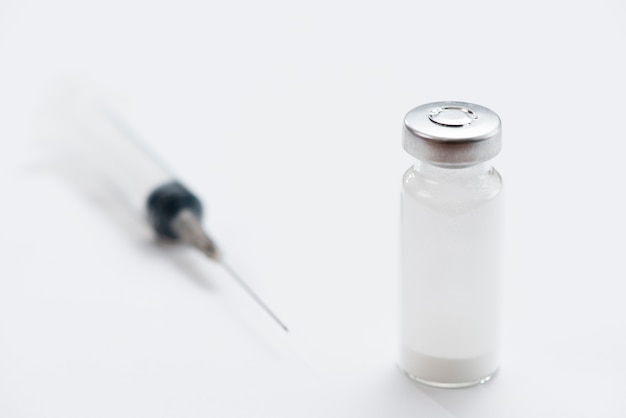
Syphilis, a sexually transmitted infection caused by the bacterium Treponema pallidum, has seen a troubling resurgence in recent years. Once nearly eradicated in many parts of the world, rising case numbers have prompted renewed focus on prevention, diagnosis, and treatment. For decades, the standard treatment for early syphilis has been three weekly injections of benzathine penicillin G (BPG), a regimen that, while effective, presents logistical and compliance challenges—especially in underserved or remote communities.
Now, a major clinical trial funded by the National Institutes of Health (NIH) is challenging that long-standing protocol. The study found that a single dose of BPG is just as effective as the traditional three-dose regimen in curing early syphilis, offering a simpler, more accessible path to treatment.
The NIH-supported trial involved hundreds of participants diagnosed with early syphilis—defined as primary, secondary, or early latent stages of the infection. Participants were randomly assigned to receive either a single intramuscular injection of BPG or the standard three-dose course administered over three weeks.
Researchers monitored participants over a 12-month period, tracking serological markers—blood tests that measure antibody levels—to assess treatment success. The results were clear: both groups showed nearly identical cure rates, with over 95% of patients in each arm achieving successful treatment outcomes.
These findings suggest that the prolonged three-dose regimen may no longer be necessary for most patients with early-stage syphilis, reducing the burden on both healthcare systems and patients.
The implications of this discovery are far-reaching. Syphilis rates have climbed steadily over the past decade, with the CDC reporting over 135,000 new cases in the U.S. in 2022 alone—more than triple the number from 2013. The disease disproportionately affects marginalized populations, including individuals with limited access to healthcare, LGBTQ+ communities, and people experiencing homelessness.
The traditional three-dose treatment presents several barriers:
A single-dose treatment could dramatically improve completion rates and reduce the spread of infection. It also aligns with global efforts to streamline STI care and integrate services into primary healthcare settings.
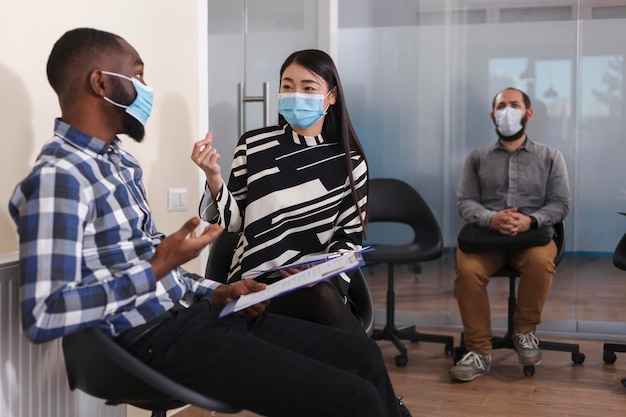
The trial also evaluated safety outcomes. The single-dose regimen was well-tolerated, with no significant increase in adverse events compared to the three-dose approach. As with all penicillin treatments, patients were monitored for allergic reactions, though severe allergies remain rare.
It’s important to note that this finding applies specifically to early syphilis. Late-stage or neurosyphilis cases still require more intensive treatment, often involving daily penicillin injections or intravenous therapy. Additionally, pregnant individuals with syphilis must continue to receive the full multi-dose regimen, as fetal safety data for single-dose treatment is still limited.
These results are expected to influence upcoming guidelines from the CDC and the World Health Organization. If adopted, the single-dose protocol could become the new standard of care, simplifying treatment algorithms and training for healthcare providers.
Public health programs may also leverage this change to expand screening and treatment in high-risk communities. Mobile clinics, telehealth consultations, and community health workers could administer a one-time injection during a single visit—maximizing reach and minimizing drop-off.
Ongoing research will continue to monitor long-term outcomes, resistance patterns, and effectiveness across diverse populations. But for now, this trial represents a major step forward in the fight against a re-emerging threat.
The NIH-funded trial demonstrating the efficacy of a single dose of benzathine penicillin G for early syphilis is more than a medical milestone—it’s a public health opportunity. By reducing treatment complexity, we increase the chances of curing more people, stopping transmission, and ultimately reversing the tide of syphilis.
As health systems adapt to these findings, the focus must remain on equitable access, education, and destigmatization. With the right support, a one-shot cure could become a powerful tool in building healthier communities.

Health

Health

Health

Health
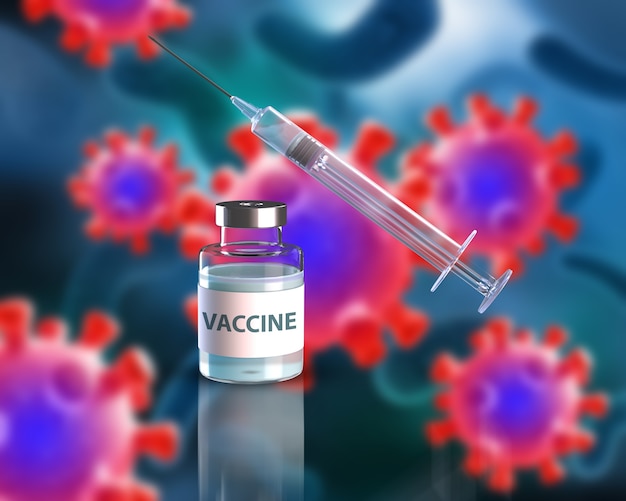
Health
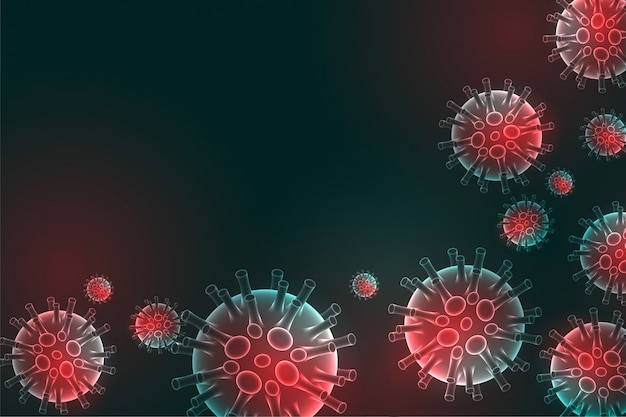
Health

Health
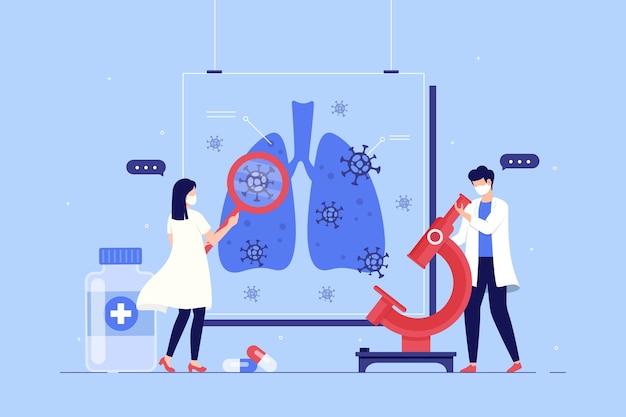
Health
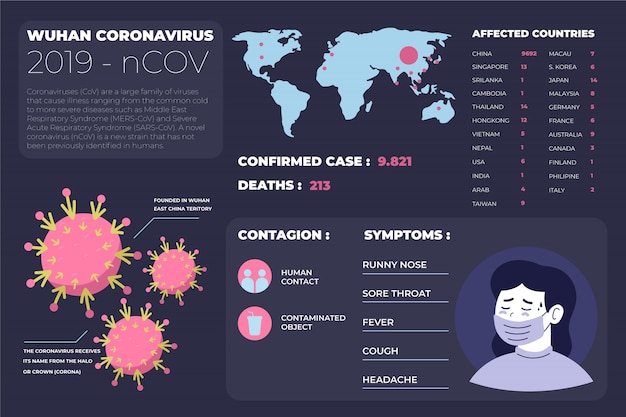
Health

Health
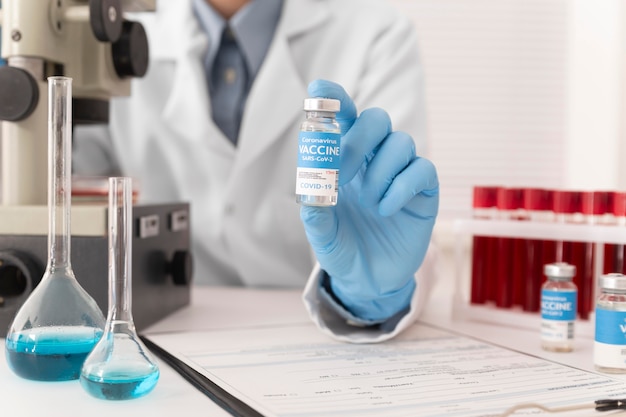
Health
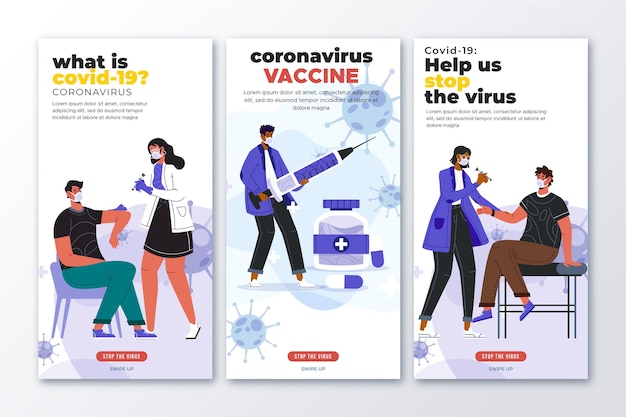
Health

Health

Fitness

Health

Health